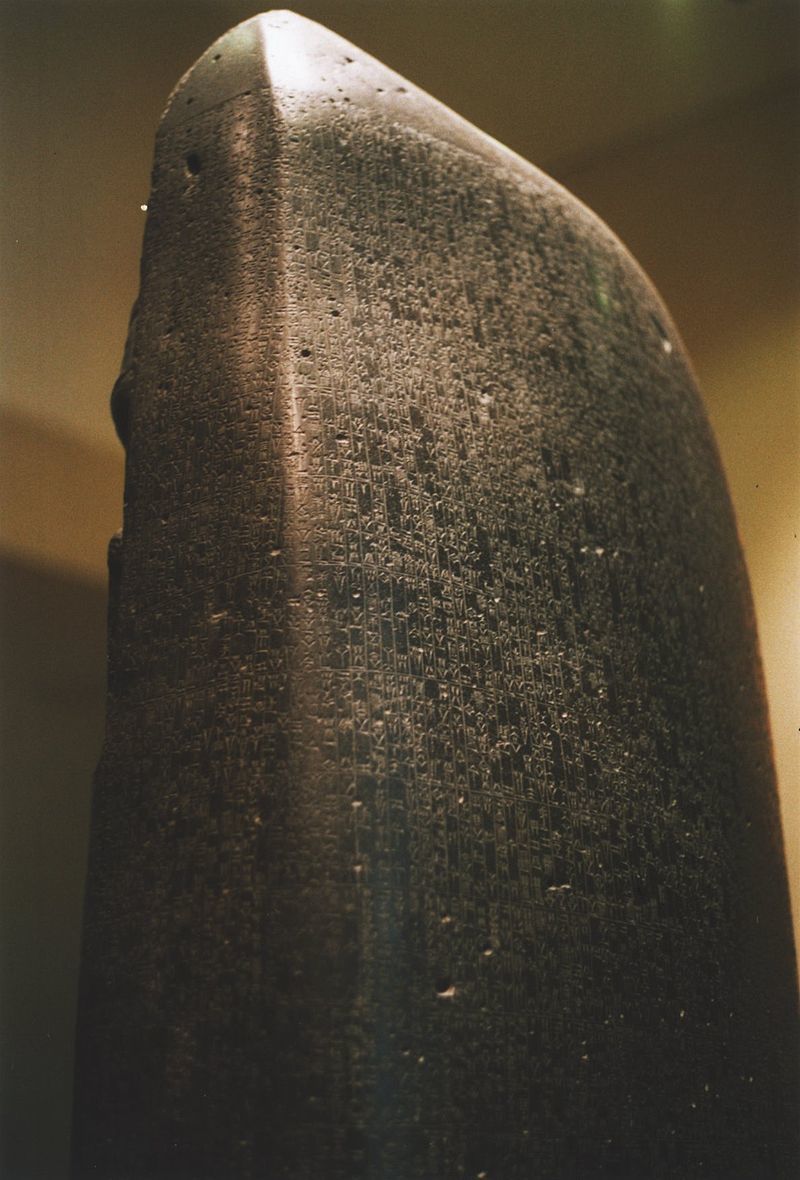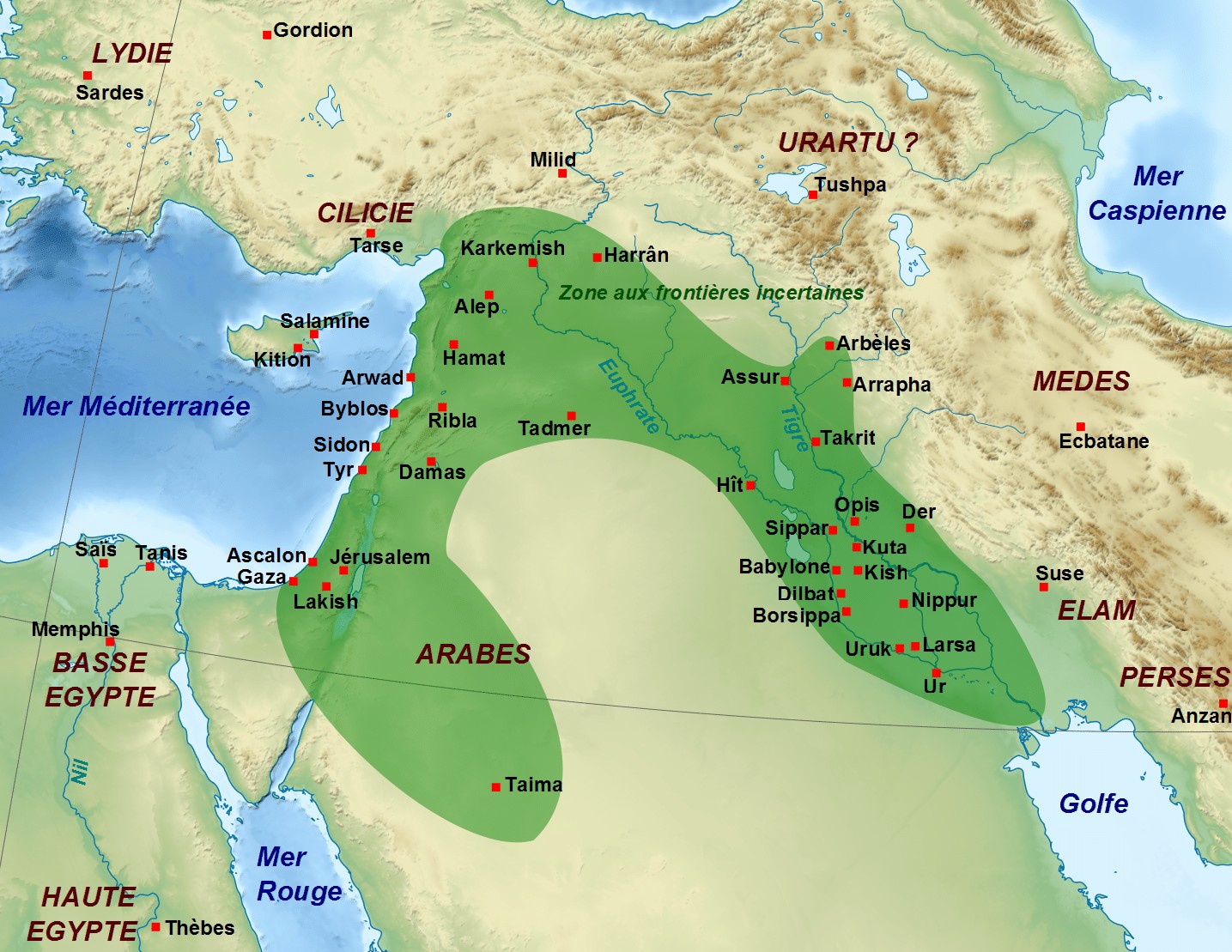The Babylonian Empire is one of the first world empires in Ancient History and is talked about in many ancient texts, such as the writings of Herodotus and the Bible.

The city of Babylon existed long before the empire came into being.
Early Babylon
Babylon was initially a minor city-state located on the Euphrates River. It existed in the shadows of Assyria, Elam, Isin, and Larsa, which were older and much larger.
The rise of Hammurabi and his conquest about a century after its founding was the first time Babylon had become a national power.
He conquered many of the nearby city-states and codified laws that became known as the Code of Hammurabi.
However, his empire was short-lived. After Hammurabi’s death, Babylon’s culture and influence had control of southern Mesopotamia.
However, the empire began to destabilize without the influence of its late ruler.
Soon, Assyria pushed the Babylonians out, and the empire became fractured.
A new people, the Amorites, came to power in southern Mesopotamia, and Babylon again shrank to just a city-state located on the Euphrates.
Hittites and Assyrians
For the next few centuries, the city of Babylon would exist under two different empires, the Hittites and the Assyrians.
The Assyrians had controlled northern Mesopotamia since much of Babylon’s existence, but the Hittites were a new people from the west that had advanced weapons and had begun to spread across the Middle East.
In 1595 BC, Babylon was overthrown by the Hittites, and a new era was brought to the region. Babylon still remained a beautiful city and was tossed back and forth between different nations that conquered them.
During this time, the city was renamed Karanduniash and eventually became subject to the Assyrian Empire. It would remain under their control until its independence.
During this time, many different people groups migrated to Babylon. This included the Chaldeans.
The Assyrian king Sennacherib and the Babylonians were in a constant state of revolt. This led to them being put down by the Assyrians until the death of the Assyrian King Ashurbanipal.
After his death, the Assyrian empire began to have internal power struggles which destabilized the empire. During this time, the Babylonians began to gain influence and power under the Chaldean chieftain, Nabopolassar.
Babylonian Empire

King Nabopolassar allied with the Medes and Persians and destroyed the Assyrian Empire. This victory ushered in a new age for Babylon and would reach its peak under King Nebuchadnezzar.
During the reign of King Nebuchadnezzar, Babylon subdued the Phoenicians and secured his borders. His reign is known for the conquest of the Jews and recorded in the Bible, especially in the Book of Daniel.
He continued to grow his empire until his death. After his death, Babylon’s growth stagnated. There were a few weak kings after King Nebuchadnezzar, but the Babylon Empire was short-lived.
The Persians under Cyrus the Great conquered Babylon during the reign of King Belshazzar, Nebuchadnezzar’s grandson.
